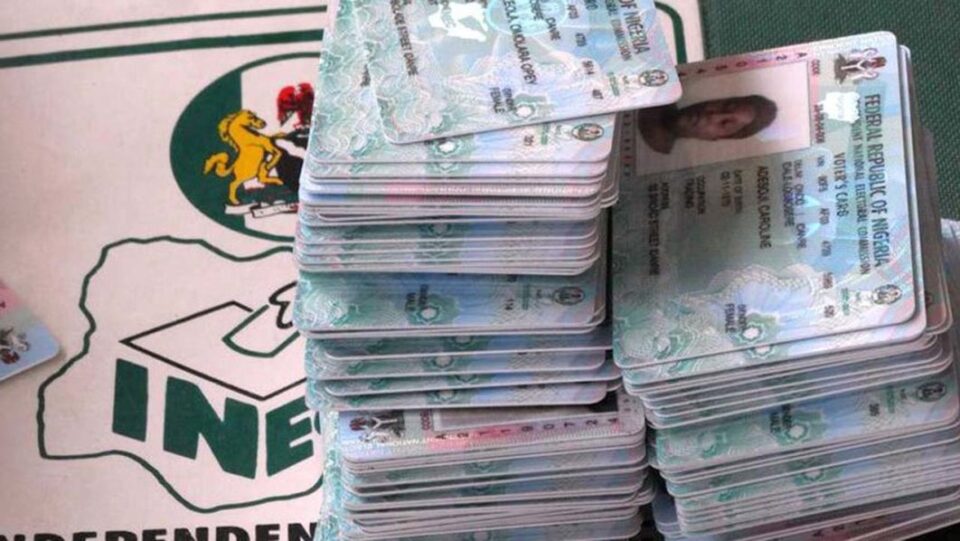By Euclid Myke
Following several reforms to improve on the electoral system, the Independent National Electoral Commission (INEC) has announced plans to phase out Permanent Voters’ Cards (PVCs) and replace it with computer-generated slips from the website for voter accreditation during elections.
INEC Chairman, Prof. Mahmood Yakubu, gave the hint at a meeting with Resident Electoral Commissioners (RECs) in Abuja on Thursday, adding that the commission is working on amended legislation to legalise the use of iREV duting election management.
He said that with the conclusion of five major off-cycle governorship elections and nine out of 21 bye-elections since the 2023 General Election, it is appropriate for the commission to commence the implementation of the recommendations arising from our review of the General Election.
He also outlined several recommendations from the commission’s review of the 2023 General Election.
Speaking on the gradual abolition of PVC, he continued, “with the introduction of the Bimodal Voter Accreditation System (BVAS), the use of the Permanent Voters’ Cards (PVC) as the sole means of identification for voter accreditation on Election Day should be reviewed.
“Those who already have the PVCs can still use them to vote, but going forward, computer-generated slips issued to the voter or even downloaded from the Commission’s website will suffice for voter accreditation.
“This will not only save cost, it will also eliminate the issues around the collection of PVCs and the diabolical practice of buying up the cards from voters in order to disenfranchise them.”
The INEC Chairman explained that the commission has identified 142 recommendations arising from its review of the 2023 General Election, out of which 86 require administrative action by the commission, while 48 require action by various stakeholders.
Yakubu also revealed that the commission plans to develop protocols for cleaning up the voters’ register in collaboration with other agencies such as the National Identity Management Commission (NIMC) and the National Population Commission (NPC), as well as review mechanisms for a more effective implementation of agreements on logistics with transport unions and other service providers.
The INEC Chairman hinted at plans to introduce early/special voting for millions of Nigerians who do not vote due to their roles during elections, as well as support for diaspora voting and unbundling of the commission with the establishment of electoral offences tribunal and a separate agency to handle registration and regulation of political parties.
He added that there are eight recommendations that require legislative action by the National Assembly.
“Very soon, the Commission will make a presentation to the Joint Committee of the Senate and House of Representatives on Electoral Matters as they continue to deliberate on electoral reform”.



